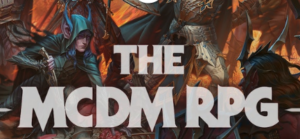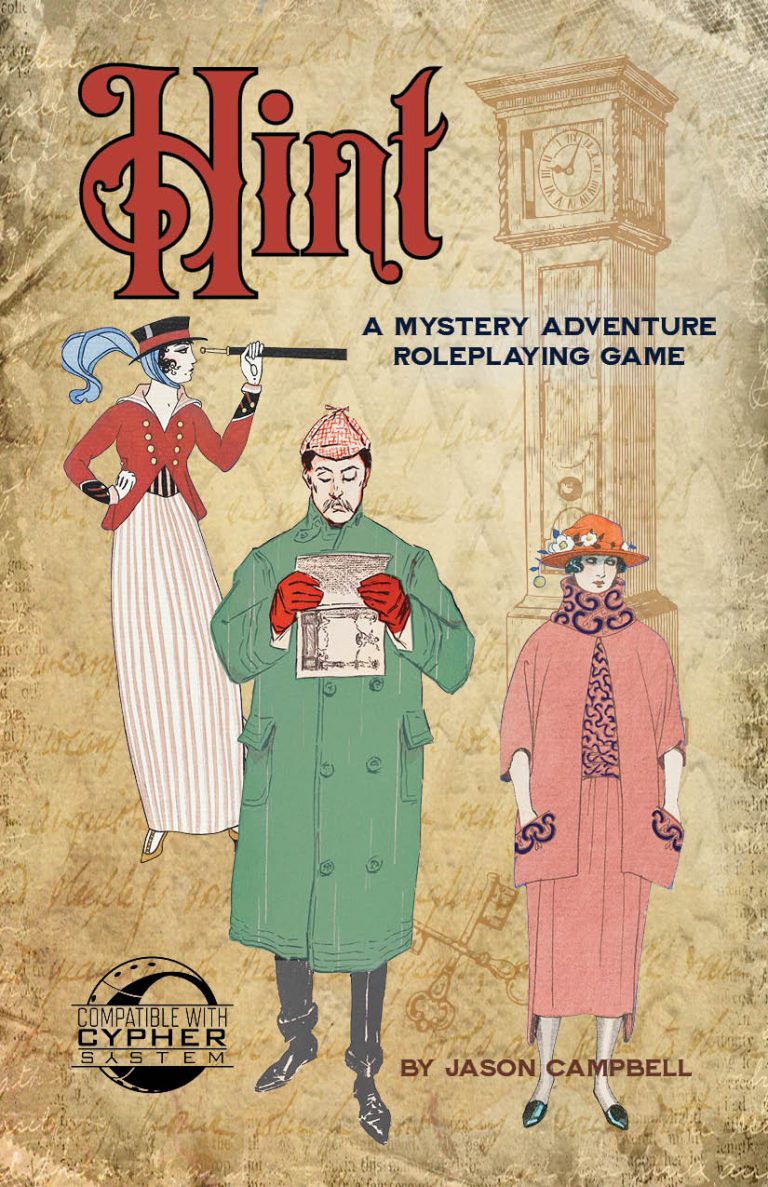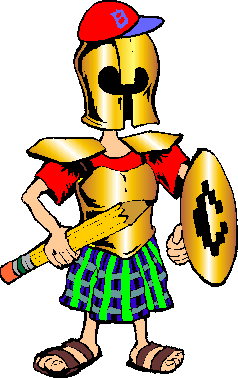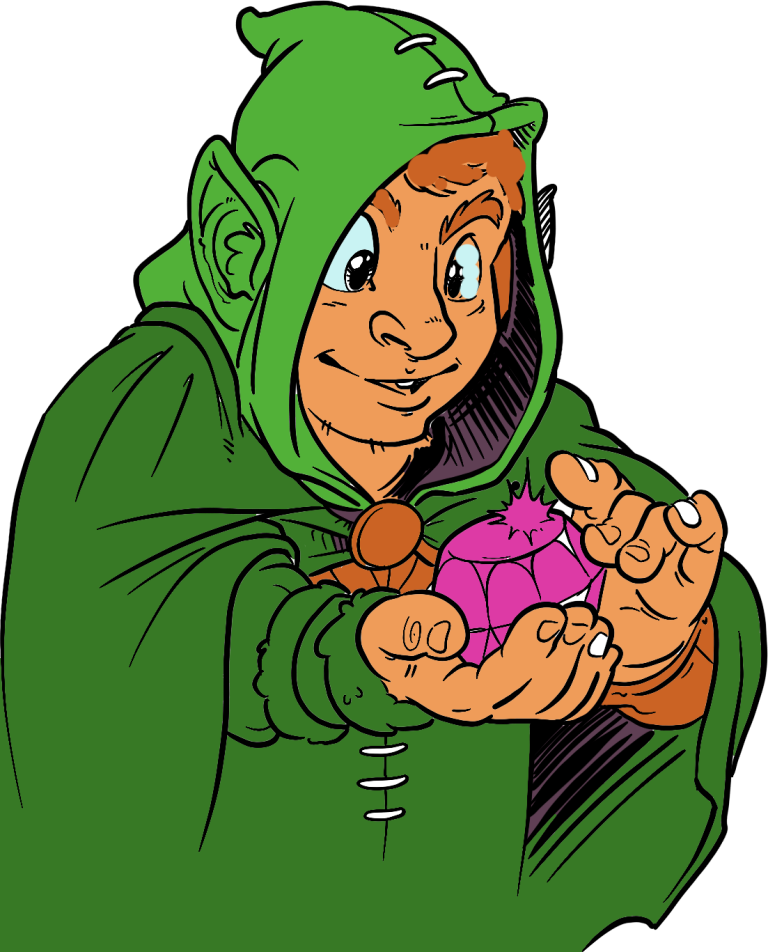By Jason Campbell
MCDM wrapped up a Backerkit campaign for their new RPG last week, raising more than $4.6 million with more than 30,000 backers. This was during December, usually considered a bad month for crowdfunding because people may have earmarked their spending money for the holidays. In addition they used Backerkit instead of Kickstarter, and while this is becoming more common, some would suggest that path makes for a more difficult campaign. Still this was an over the top success by any measurement. With so many RPG products going the crowdfunding route, it’s worth asking what can be learned from this tremendous success. Are there lessons to be learned by anyone looking to crowdfund an upcoming product?

The question for many is; how did MCDM succeed (so I can do that too!) But I’m reminded of a story that Chris Perkins (game designer at Hasbro/Wizards of the Coast) tells when asked how he got his start in the RPG industry.
“The venues that I used to break into the industry, they’re not around anymore”.
He meant that he got his start by writing for RPG magazines, before the internet took over the hobby. But it reminds me of the story of Matt Colville and MCDM.
MCDM’s successful crowdfunding campaign certainly has a lot to do with MCDM products. It’s also worth noting that MCDM has given patrons an insider look into their early game development efforts, making this development effort uniquely open. But I would suggest that much of MCDM’s success is due to the reputation that Matt Colville built for his philosophy of game design through his YouTube channel. Matt Colville started his YouTube channel about RPGs about 7 years ago. His most successful series of videos were labeled “Running the Game” and aimed at GMs. These videos offered free advice for GMs looking to understand the mechanics and theory of running games. It’s said there’s nothing unique under the sun, but Matt’s video on action economy changed the way many GMs and designers thought about encounter design.
Matt’s done some unique things in the RPG industry, including the open development mentioned above. In addition, MCDM is known for paying their employees and freelancers (artists, writers, editors, etc) very well. These things yielded a positive reputation in the gaming industry, even for those who prefer a different style of game than Matt does.
To get back to the initial question, what can we learn from the success of the MCDM crowdfunding campaign? I suggest it’s not to recreate any of the steps I noted above. The lesson here is to be yourself. Do what you love to do, do what you’re good at, and help others when you can. It sounds like a complete cliche, but if you put these good things out in the world, maybe some of it comes back? These are lessons we can all take from this story.
Let us know what you think in the comments!





